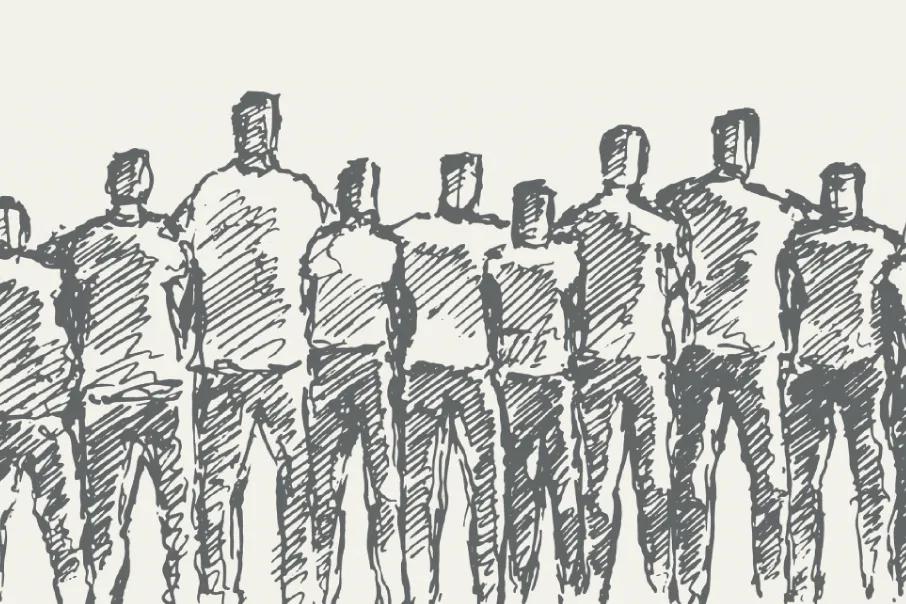Small Steps to Building Community Service Learning
In its quest to develop globalised future citizens and individuals who are “intellectually, spiritually, emotionally and physically balanced”, Malaysia’s Ministry of Education integrated the National Education Philosophy into its higher education policy.
The philosophy requires the blending of ethics and values with programme modules, resulting in the 2015–2025 Malaysian Education Blueprint calling for an active community service element in learning.
In response, the Ministry of Higher Education designed and proposed four categories of general education subjects to be introduced at higher education institutions (HEIs). The fourth category in particular, or U4, focuses on developing students’ skills in community management through practical, out-ofclass tasks such as community service and co-curricular activities.
All Malaysian HEIs are thus required to have at least one community service module in each programme. In the Sunway University Business School, for example, the module MU42213 Community Project is mandatory for Year 2 and Year 3 students.
The MU42213 module aims to create awareness of social responsibility, encouraging students to examine the role they play in supporting society and the environment. To achieve this aim, the module adopts the experiential learning model developed by American educational theorist David Kolb.
There are four stages in the learning cycle according to this model — Concrete Experience, Reflective Observation, Abstract Conceptualisation and Active Experimentation. A typical semester is designed in a manner that allows students to venture through at least the first three stages of Kolb’s learning model (e.g. Concrete Experience, Reflective Observation and Abstract Conceptualisation).
Concrete Experience, for example, takes place at the beginning and in the middle of a semester where students, in groups of about four to six, initiate, design and execute a project that will leave a positive impact on the community. These projects include volunteering in soup kitchens, designing educational or motivational events targeting youths at risk or underprivileged children, participating in environment-related missions like tree planting or street cleaning, and volunteering in animal rescue centres and shelters.
While Concrete Experience often provides a critical opportunity for students to be aware of issues and communities that they otherwise would not have known, deeper learning takes place during the Reflective Observation and Abstract Conceptualisation stages.
Students tend to get excited working on projects during the Concrete Experience stage, but lecturers must be mindful that the excitement is usually the result of students’ interaction with people or environment they were not previously exposed to. The overwhelming experience, if not properly prompted and guided, will not produce the desired learning outcomes.
To prompt and guide students to reflect on and conceptualise the experience of managing a project, I conduct different reflective practices throughout the semester that resemble the two-stage reflective practice advocated by Dr Jennifer Ann Moon, author and academic who runs workshops worldwide on reflective learning.
The first stage of the reflective practice focuses on introducing reflective thinking to students, while the second stage centres on deepening students’ capacity in critical reflection. To this end, I encourage students to reflect using the first-person narrative (e.g. “I”, “Me” and “We”), participate in critical discourse on social issues, and recall critical events when executing a project.
Reflective practices must be conducted continually, as students will only be able to reflect on and conceptualise their experiences properly when they are comfortable with the concept.
Many students have found the Community Project module to be an eye-opening experience which has resulted in greater awareness of racial and socio-economic differences within communities. The module has further motivated them to re-evaluate their initial assumptions about or prejudices against people and issues they had not been directly exposed to. Most importantly, students indicate that they are now inspired to become more socially responsible and aware.
The biggest challenge faced by educators today is convincing fellow academics, the management, students and parents that community service learning plays a crucial part in developing holistic individuals. The attitude towards community service learning is commonly that of indifference as it is usually regarded as not critical in the grand scheme of things.
In truth, this perception is misguided as the benefits associated with community service learning are manifold and farreaching, impacting not just students but faculties, universities and society.
Yeong Hui Yan
Sunway University Business School
[email protected]
This article appeared in Spotlight on Teaching (Volume 1)




